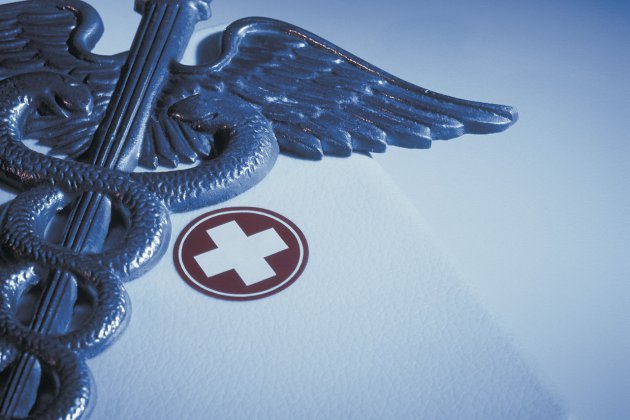Medical Insurance for Expats in China

By Margaret Ferté
Do you know what to do during a medical emergency? What to look out for when buying an international health insurance? Before you move to Shanghai – or even after you’ve been here a bit – you should know what your health insurance will cover in China.
Shanghai attracts the most foreigners in Mainland China, thus its healthcare infrastructure is better developed for catering to the expat community. However, many expatriates still find the healthcare facilities and treatments in Shanghai to be limited and will consider returning home or going to Hong Kong or Singapore should they require serious treatment. Evacuation to Hong Kong is quite common considering the lack of facilities and services on par with international standards. The good news is the quality of service and availability of treatment are slowly improving.
Before moving to Shanghai, ensure that you complete a routine medical check-up, including vision and dental, and make sure that all your vaccinations are up-to-date. To enter China, no vaccinations are required, but make sure you have the standards, like polio, diphtheria and tetanus. Discuss with your doctor any additional vaccinations that may be advisable as some, like hepatitis B, may require several shots over a period of time. Bring copies of your medical and immunisation record, prescriptions for medication and an extra pair of visual aid.
Most insurers have two geographic categories: Worldwide and worldwide excluding USA. Some insurers have a more specific geographical breakdown. Premium increases with wider area of coverage. With better definition, in some cases, it could reduce your premium by 60 per cent.
Medical evacuation and repatriation insurance is imperative for any traveller or expatriate. When you and your family are in your home country, should anything unpleasant happen, you have your support group, your family and friends, you know what to do, who to call, where to go. You are familiar with the healthcare system, and there is no language or cultural barrier.
This might not be the same when you are not in your home country. Should a medical emergency happen in a place where treatment is not readily available, a medical evacuation will be executed. You will be transported to the nearest appropriate medical facility within or outside the country where it happened either via ambulance, helicopter, air ambulance, commercial flight, or other suitable mode of transportation, depending on the situation.
A medical repatriation, on the other hand, is executed under the same condition as a medical evacuation, but it provides you the option of getting treatment in your home country, in a familiar environment, near your friends and family.
Having medical evacuation and repatriation in place ensures that you get access to the right treatment whenever needed. At this point, one should not mistake medical evacuation & repatriation as a search and rescue program – being airlifted from the mountains or searching for victims in a landslide. In most cases, local emergency services are responsible for the first response.
Always read the fine print and ensure that evacuation will be possible not only during medical emergency, but also when appropriate medical facility is unavailable. Some insurers do not guarantee evacuation if circumstances are dangerous or impossible. Also check to see who will be evacuated as well. Some providers take not only you but also all of your dependants. In a time of crisis this can ease the stress for you and your family.
Expatmedicare is a fully independent intermediary that specialises in advising expatriates on their international health insurance. They provide free health and medical insurance advice. Their comprehensive service ranges from helping clients review current coverage and determine requirements to market research, evaluation, analysis and recommendation, application process and claim management. Web: www.expatmedicare.com

